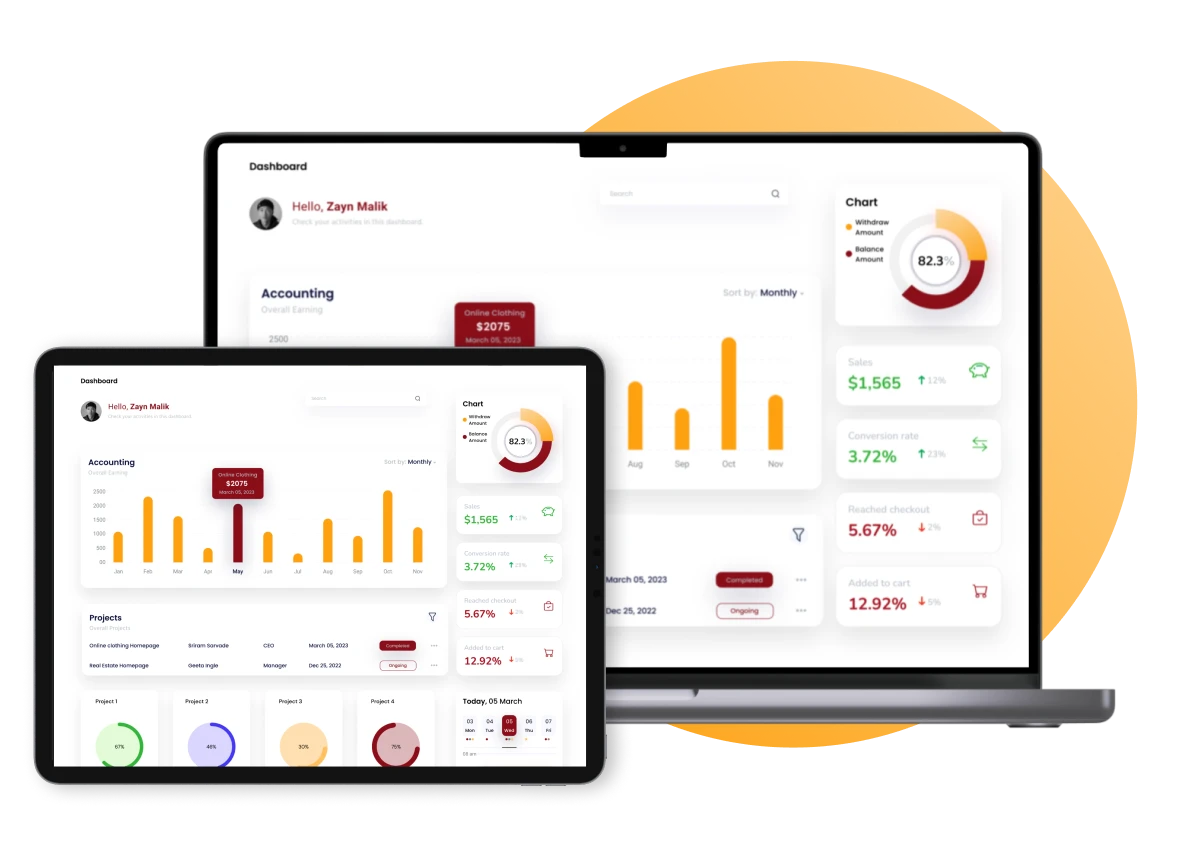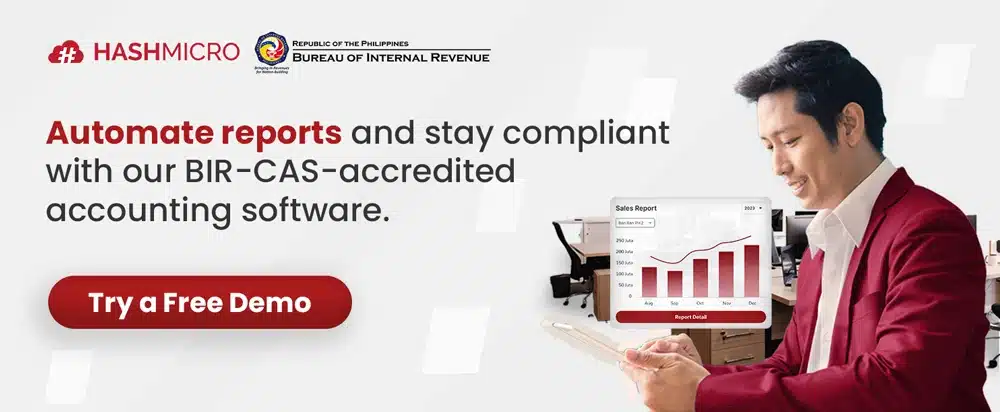You’re working late, struggling to keep track of all the numbers and calculations for your hedge accounting strategies, only to find mistakes that could cost you oras at pera. The process is complicated, with tricky rules and lots of room for error.
With specialized hedge accounting software, you can automate these processes, reduce human error, and easily ensure compliance. By streamlining data management and real-time reporting, the software saves time and keeps your financials accurate. Read on to discover how to make your workday easier!
Key Takeaways
|
Table of Contents

What is Hedge Accounting?
Hedge accounting is a method that helps companies manage financial risks from market fluctuations. It aligns hedging instruments, like derivatives, with underlying assets or liabilities to ensure accurate financial reporting. This method ensures that gains or losses from hedging match with the protected items in financial statements.
This reduces the volatility in reports caused by unpredictable market changes and fluctuations. Without accounting, hedging gains or losses may appear separately, confusing financial reports. Using accounting in hedge provides a clearer, more stable view of a company’s financial performance.
Importance of Hedge Accounting
For Filipino investors and businesses, this type of accounting is crucial in managing risks from exchange rate fluctuations. It allows businesses to protect themselves against unpredictable market changes. By using hedge strategies, companies can ensure that the risks are accurately reflected in their financial statements.
This creates a more reliable picture of their financial performance. Businesses involved in international trade or foreign investments need this method to navigate currency risks and market volatility. Hedge accounting not only reduces financial statement volatility but also comply with global accounting standards.
Key Components
This relies on several key components to manage financial risk effectively. These elements work together to ensure that the risks are accurately reflected in financial statements while minimizing volatility.
- Hedging Instruments: Financial tools like futures, options, or swaps are used to mitigate risks by offsetting changes in the value of underlying assets.
- Hedged Items: Assets, liabilities, or future transactions that expose the company to risk, which hedge accounting aligns with the corresponding hedging instrument to reduce volatility in reports.
- Effectiveness Testing: A process to confirm that the hedging instrument effectively mitigates the risk associated with the hedged item.
These components are essential for implementing hedge strategies in accounting, ensuring that financial risks are managed efficiently and accurately reflected in a company’s financial reports.
Types of Hedge Accounting
We can categorize this into three main types, each designed to manage different financial risks. These types help businesses align their risk management strategies with the specific risks they face.
- Fair Value Hedge: Protects against changes in the fair value of assets or liabilities. For example, a company might hedge to prevent losses from fluctuations in investment prices.
- Cash Flow Hedge: Focuses on safeguarding future cash flows from unpredictable changes, such as foreign currency transactions or varying interest payments.
- Net Investment Hedge: Primarily used for foreign operations, this hedge protects a company’s equity from changes in foreign exchange rates.
Each type of hedging strategy serves a unique purpose, allowing businesses to manage risks more effectively and maintain stable financial outcomes.
Benefits of Hedge Accounting Software
Hedge accounting software is an essential tool for companies looking to simplify their risk management processes and ensure compliance with accounting standards of each accounting types. By automating complex tasks, this software brings several key advantages to businesses.
- Automation of Compliance: Ensures adherence to IFRS and GAAP standards, commonly known as types of accounting principles, minimizing errors and improving the accuracy of financial reporting.
- Efficiency: Automates the tracking of hedging instruments and their impact, reducing manual errors and saving time.
- Real-time Data Analysis: Provides up-to-date financial data, enabling businesses to monitor risks and make well-informed decisions.
- Regulatory Compliance: Assists companies in complying with local and global regulations, such as IAS 39 and IFRS 9, ensuring smooth operations in the Philippines.
With these benefits, automation accounting software can streamline complex hedging processes, allowing businesses to manage risks more effectively and maintain regulatory compliance.
Key Features to Look for in Hedge Accounting Software
When choosing hedge accounting software, Filipino businesses need to prioritize features that ensure compliance and enhance financial management. The right software can simplify complex tasks while keeping operations efficient.
- Hedge Effectiveness Testing: Automates effectiveness testing to ensure compliance with IFRS or GAAP standards.
- Real-time Reporting: Offers real-time financial reporting, enabling businesses to stay updated on their financial position.
- Risk Management Tools: Helps businesses identify, assess, and manage financial risks more effectively.
- Seamless Integration: Integrates with existing accounting and financial systems for smoother operations.
- Regulatory Updates: Regularly updated to reflect changes in accounting regulations and standards.
These features are crucial in helping businesses stay compliant, manage risks, and maintain accurate financial reporting.
HashMicro’s Accounting Software to Streamline Hedge Accounting
HashMicro’s accounting software offers a range of features that can streamline hedge accounting, making it easier for businesses to manage risks and ensure compliance. These key features help companies maintain accuracy and efficiency in their financial processes, particularly when managing hedging instruments and complex financial reporting.
- Automated Currency Update: Provides real-time currency updates, essential for managing foreign exchange risks.
- Forecast Budget: Aligns future financial performance with accounting strategies, ensuring businesses can accurately plan and manage financial risks.
- Profit & Loss vs Budget & Forecast: Compares actual financial outcomes against projections, allowing businesses to assess the effectiveness of their hedge accounting strategies.
- Treasury & Forecast Cash Management: Assists in planning and managing cash flow, which is crucial for handling financial instruments used in hedging.
With these advanced features, HashMicro’s AI accounting software simplifies the complex processes involved in hedge accounting, enabling businesses to stay compliant, reduce risks, and make well-informed financial decisions. If you are still considering another accounting platforms for Philippine businesses, you should strongly consider HashMicro.
Conclusion
Hedge accounting helps businesses manage financial risks and maintain accurate financial reporting. By aligning hedging instruments with assets, it reduces volatility and improves financial statement clarity. Implementing hedge compliance ensures they can navigate risks like currency fluctuations and unpredictable market changes effectively.
Using specialized accounting software simplifies hedge compliance, reporting, and risk management for better financial accuracy. HashMicro’s software offers these tools to streamline processes, reduce errors, and enhance decision-making. Try our free demo and discover how HashMicro can elevate your business today!
Frequently Asked Questions
-
What do you mean by hedge accounting?
Hedge accounting is a method that aligns the financial impact of hedging instruments with underlying assets to reduce volatility in financial statements. It helps manage risks from market changes.
-
What are the three types of hedge accounting?
The three types of this are fair value hedge, cash flow hedge, and net investment hedge.
-
What is simplified hedge accounting?
This allows smaller companies to apply hedges without complex requirements in accounting. It eases documentation and testing to reduce administrative burdens while ensuring risk management.























